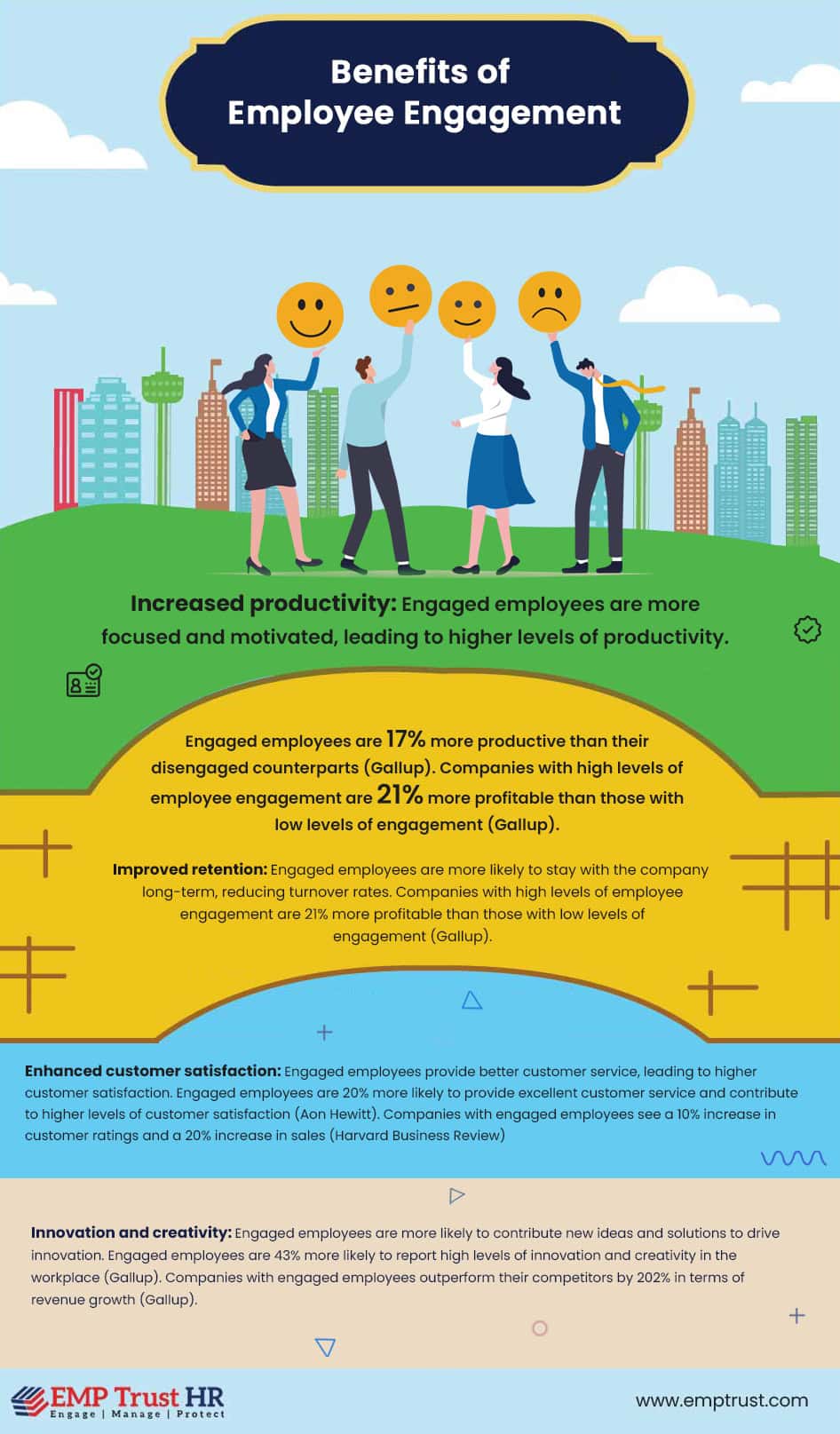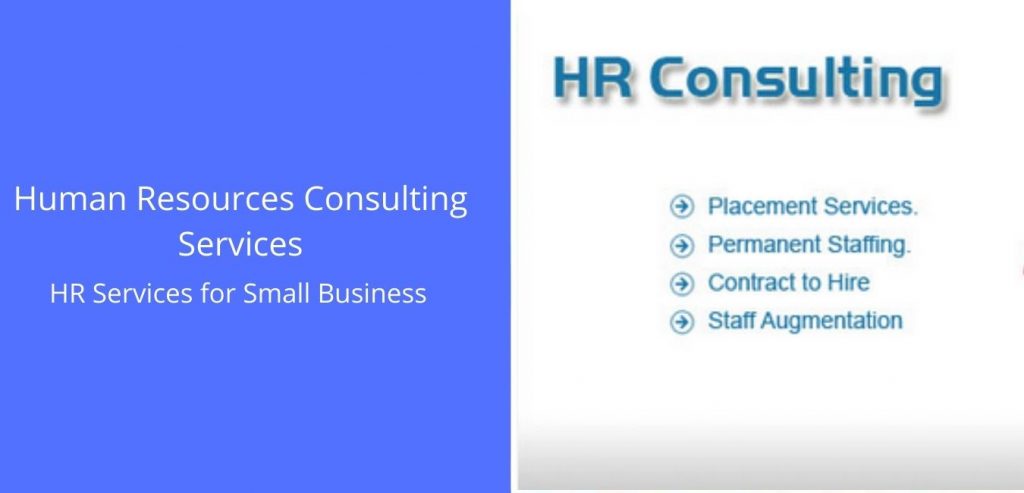In-House Payroll Vs. Outsourcing Payroll: Key Factors To Consider
Managing payroll is a task that seems to never be over. Just when you think you have actually got it all figured out, here comes another tax update, a computation error, or an employee questioning the deductions on their pay stub. With many moving parts, even a tiny mistake can lead to charges, disappointed workers, or a compliance headache.

That’s why numerous services find themselves at a crossroads, trying to decide if they need to manage payroll internal or outsource it to a company. Each option has advantages and challenges, from expense and compliance to scalability and control. The best option depends on your company’s size, spending plan, and long-term objectives. Understanding the compromises will help you produce a payroll system that supports your business today and as it grows.
Benefits and Challenges of In-House Payroll vs. Outsourcing Payroll
Choosing in between in-house payroll and using a payroll provider is about balancing performance, compliance, and space for development. In-house payroll provides control but requires time and know-how. Outsourcing payroll releases up resources but features expenses and less direct oversight. Here’s a glance at the capabilities of each choice.
Benefits of In-House Payroll
While some value the hands-on approach and possible expense savings, others discover the administrative burden and compliance risks frustrating. Before choosing if in-house payroll is ideal for you, it’s important to weigh the advantages and obstacles that come with it.
Direct control and personalization: Managing payroll in-house gives entrepreneur total control over pay schedules, tax filings, and changes. If you’re a tax compliance professional, this might be an avenue to check out.

Cost cost savings: Running payroll in-house potentially be affordable if a company has payroll know-how or a devoted HR team.
Immediate issue resolution: Mistakes happen, however when payroll is internal, they can be fixed rapidly without waiting on an external provider. This is useful for companies with fluctuating staff member hours or frequent payroll changes.
Challenges of In-House Payroll
Here’s a closer look at the crucial challenges:
Compliance threats: Payroll policies constantly alter from tax laws to worker classifications. Inaccuracies, such as overlooking withholdings, or missing tax filing due dates, can cause pricey fines.
Need for time and resources: Typically, manually processing payroll can take two to seven days. Suppose you’re on a weekly schedule. That leaves you just 4 days to finish payroll properly and pay employees on time, which takes much-needed resources away from core organization functions.
Limited scalability: Without scalable systems and experienced payroll professionals, in-house payroll can be overwhelming as the business broadens.
Internal costs: While in-house payroll eliminates contracting out costs, there’s still an expense for payroll software application, compliance tools, and wages for the defined group. If not thoroughly managed, these expenditures might cost more than outsourcing. Conversely, leveraging a platform like Justworks can result in considerable cost savings. For example, CASE minimized their health strategy expenses by 30% through Justworks, allowing them to reinvest those funds into enhanced staff member benefits and improve retention.
Benefits of Outsourcing Payroll Outsourcing
Businesses gain from the specialist compliance assistance and time savings that come with using a payroll provider, however it’s not without disadvantages. Understanding the advantages and possible drawbacks can help you choose if contracting out payroll is ideal for your organization.
Compliance knowledge: Payroll providers remain updated on tax policies, labor laws, and reporting requirements. They guarantee payroll is precisely processed, lowering the threats of pricey charges and legal concerns. 77% of HR leaders who contract out payroll report that payroll is more precise and efficient. They likewise found that the opportunities of charges and fines were minimized by 4.3%.
Save time and resources: Payroll providers typically handle payroll tax filings, wage computations, and direct deposits. This releases up time for you and your group to focus on organization development, operations, and employee support rather of payroll. In fact, 57% of organizations that contract out payroll stated it enabled them to focus on the core of their service.
Easy to scale up or down: Payroll providers flawlessly handle various state compliance requirements, eliminating the headache of browsing intricate standards as the company expands. Most services provide flexible strategies that can be scaled up or down as required.
Cost predictability: While outsourcing features service costs, many suppliers use flat-rate pricing or per-employee cost structures. This makes payroll costs more constant and predictable.
Challenges of Outsourcing Payroll
Here are some obstacles you may confront with a payroll provider:
Less direct control: Outsourcing means depending on a 3rd party. While suppliers guarantee precision, it’s finest practice to routinely examine payroll reports.
Ongoing expenses: Like in-house payroll, expense savings can be double-edged. Using a payroll service can conserve money, however some company may charge extra based on staff member headcount, payroll frequency, and additional functions.
Communication hold-ups: Unless your payroll company has 24/7 assistance, you may have to wait on customer assistance to solve them.
Which is Better: In-House Payroll or Outsourcing to a Supplier?
There is no universal answer. The option between in-house payroll and outsourcing it depends on your company.
In-house payroll may be an excellent fit when:
Expertise exists: An experienced payroll group or committed HR specialist is easily offered.
Operations are localized: Business mostly operates within a single state or nation.
Complexity is low: There is little anticipation of internal development.
Choosing the Right Payroll Software
Selecting the ideal software is key for handling payroll in-house. Assess your company needs and ensure the software automates tax estimations, keeps compliance, and integrates with your accounting and HR systems.
Look for easy to use platforms with self-service alternatives for workers. Compare pricing structures and examine for covert charges to prevent being blindsided.
Outsourcing payroll is perfect when:
Compliance is vital: You wish to guarantee complete compliance without hiring internal payroll specialists.
Expansion demands know-how: Your company is expanding throughout several states and requires multi-jurisdictional tax and payroll proficiency.
Flexibility is necessary: You regularly employ short-lived, seasonal, or contract employees; a payroll company can efficiently manage the ebb and circulation of these changes.
Choosing the Right Payroll Company
When researching payroll service providers, start by identifying your must-haves, such as automatic tax filings, direct deposits, multi-state payroll and compliance, staff member benefits, HR assistance, or time-tracking tools. Then, figure out if the provider covers the areas where your organization runs.
Request demos and compare prices structures to find the very best suitable for your service. Ultimately, whether you manage payroll internal or outsource it, the right software or company need to streamline payroll, maintain compliance, and support your service’s development.
How Justworks Can Help

Payroll can be time-consuming and complex, but the right option can make it smooth. Whether you need software to much better handle payroll in-house or a payroll company to take the problem off your plate, the very best option guarantees your company remains compliant and efficient.
Justworks streamlines payroll for little and medium-sized businesses. Our payroll software improves in-house processing, while our Professional Employer Organization (PEO) and Employer of Record (EOR) services take payroll administration off your hands. These services also use HR support, advantages administration, and compliance knowledge. Ready to invest less time on payroll and more time growing your organization? Start today!


